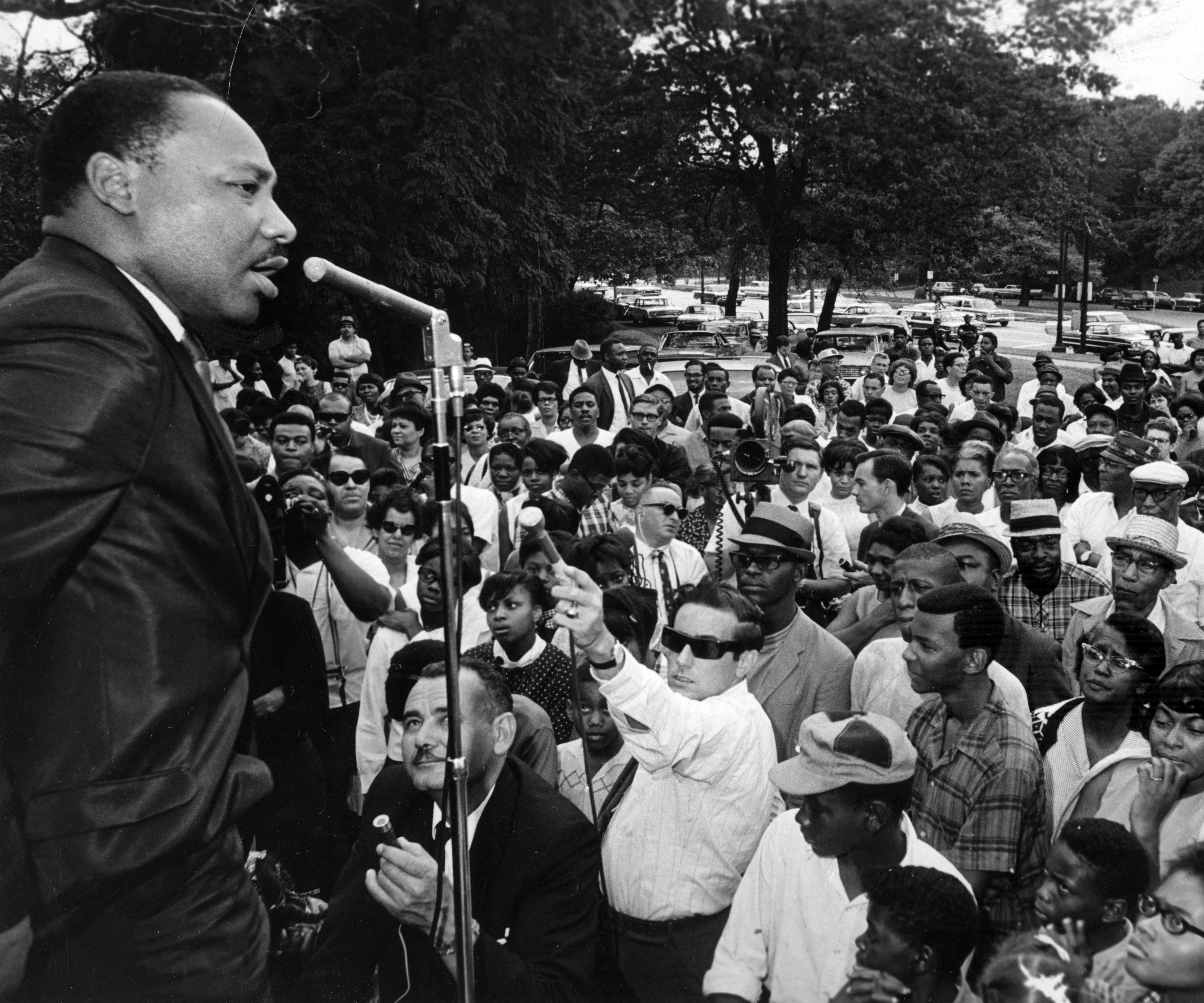I pedal the bike-powered converter for 40 minutes, slowly churning a mix of filtered restaurant grease, ethanol and lye into an environmentally friendly batch of biodiesel. Sam Merrett uses this human-powered mixer to teach visitors about alternative fuels. And the way the 2005 Oberlin College graduate tells it, we all could use an introduction.
“One of the biggest misconceptions out there is you have to modify your [diesel-powered] vehicle to run on biodiesel,” Merrett says. Maybe that’s because just one place in Cuyahoga County sells it — The Rapid Stop at East 55th Street and Payne Avenue — and there’s only 50 retail locations in Ohio (though 150 wholesalers offer it too).
“One of the biggest misconceptions out there is you have to modify your [diesel-powered] vehicle to run on biodiesel,” Merrett says. Maybe that’s because just one place in Cuyahoga County sells it — The Rapid Stop at East 55th Street and Payne Avenue — and there’s only 50 retail locations in Ohio (though 150 wholesalers offer it too).
E85 Ethanol, another alternative fuel that can be used in many modern vehicles, is even harder to find. “There are 10,000 people in Cuyahoga County who drive a flexible-fuel vehicle,” Merrett explains. “But there aren’t pumps to buy it.”
Merrett’s Full Circle Fuels in Oberlin, on the other hand, is an oasis for green-minded drivers who want to wean themselves and their wallets off petroleum. It is an outgrowth of Biodiesel Oberlin, a group of college students, professors and community members Merrett founded in 2003 to raise awareness about biofuels in Lorain County. The filling station and resource center specializes in three forms of alternative fuel: E85 Ethanol (one of just 14 in the state), biodiesel (at press time, a pump was scheduled for installation in January) and filtered vegetable oil. All three options are vegetable-based, have low emissions compared to petroleum and come from renewable domestic resources such as corn, which are less prone to the price fluctuations that affect gasoline.
Even though Merrett says Northeast Ohio’s alternative-fuel infrastructure for biodiesel and E85 Ethanol is “very limited” right now, we do have a steady supply of vegetable oil by way of all of our fast-food restaurants.
Running your car on grease requires serious vehicle modifications, including a separate gas tank and fuel system, but Full Circle Fuels sells the parts, provides instructions and even offers telephone support. If you’re not into doing it yourself, Merrett and his crew will make the necessary upgrades to your vehicle for around $1,500 plus labor.
Once a car is converted, it can run on straight vegetable oil (SVO) or you can round up waste vegetable oil (WVO), filter out all the french fry bits and effectively eliminate your fuel costs, aside from the small amount of diesel fuel needed to melt the grease when you start the car.
“It’s not exactly glamorous,” says Allen Schlabach of Wooster, who filters his own vegetable oil. “It can get a little greasy, sticky and smelly. … [But] when the fuel hit $3 [a gallon], I said, ‘Yep, it’s time to do something different.’ ”
— Tom Kondilas



